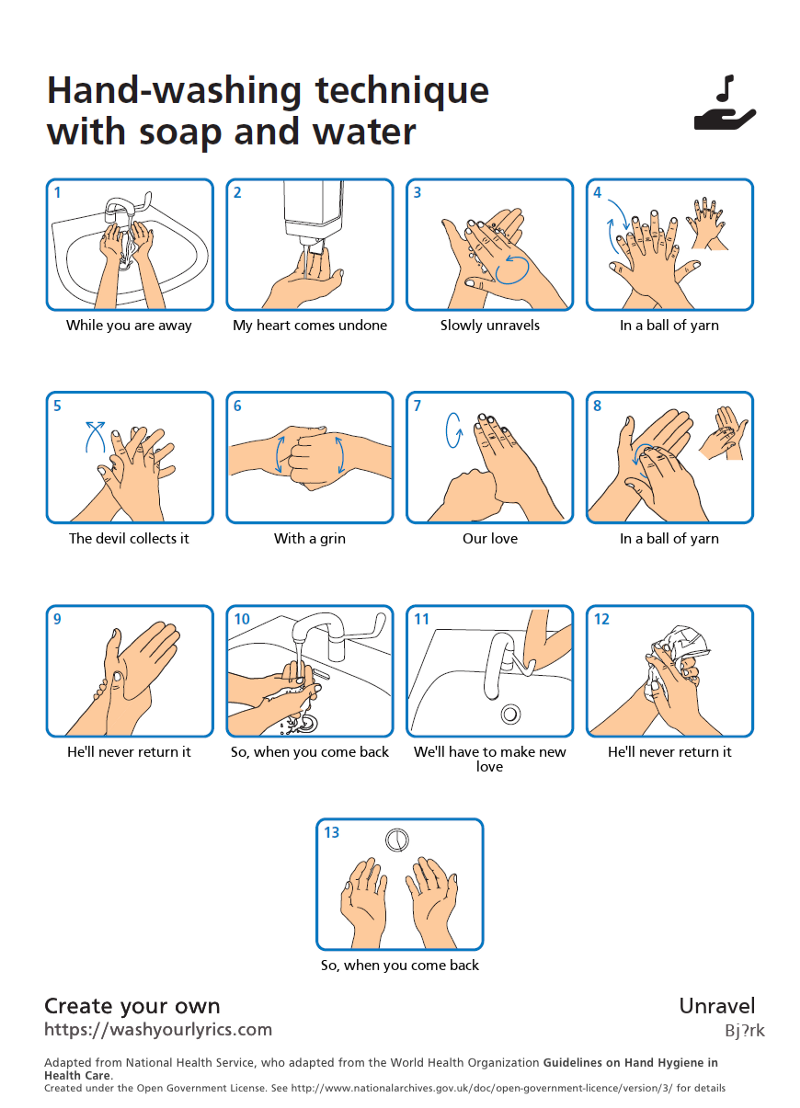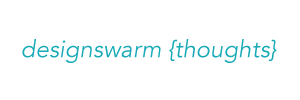COVID-19 or The end of coherent action?

Anecdote 1: My downstairs neighbours have had people over for dinner on Friday. In a pandemic.
Anecdote 2: A South London yoga instructor suggested we all ‘clap for carers’ and ‘millions’ of people did it at once last Thursday. I only heard about it the next day because literally noone on my street did it even if I too live in South London.
According to the Cambridge Dictionary, one of the definitions of coherent is ‘having its parts related in an organized and reasonable way’. Sitting here, at home, starting week three of my self isolation, I propose that the biggest effect of COVID-19 will be to highlight without a doubt that we (in the West ?) have lost all ability to be coherent.
We are entirely atomised in our experience, including when that experience is collective. Furthermore, our limited ability to see each other in action has reduced any ability to agree on the necessary adjustments to our social norms. Our response has been slow, confused, individualised, atomised almost at a home level, combined with the added distraction of a media landscape competing for our attention, our money, our sanity.
The incoherence started at a political level:
- Every single government has decided to interpret the World Health Organisation recommendations differently. (See Belarus for an extreme version of ‘ignorance is bliss’. )
- We’re being given mixed messages about how often we can leave home every day.
- Every government has a different approach to letting non-essential businesses stay open.
- Every government has a different approach to treating their essential workers and supporting their now dis-activated workforce.
- Front-line but non-essential workers (delivery drivers, cleaners, etc) are protected differently (or not at all) in every country, by every business.
That national incoherence then trickles down to an individual level. The tools for us to deal with this crisis as a ‘whole’ are not coherent either.
- The white-collar digital workers around me are using up to 3 or 4 video-based platforms to work remotely with their clients or team members. Google Hangout, Microsoft Teams, Zoom, Houseparty, Discord are mentioned more often but I’m sure there are a ton of other ones. Then there’s the chat-based platforms like Slack, etc. And then your run of the mill social media stuff like tiktok, snapchat, instagram, twitter, facebook, etc. That makes for a lot of context switching and a lot of fragmented ecologies of information and opinion consumption.
- Parents are being sold a multiplicity of content and activities to occupy or educate their very young children (if the school doesn’t know how to deal with remote work). I wonder how much of this will, with the benefit of hindsight, be declared exploitative and is actually leading to impulse buying. The parents around me are cognitively overloaded and won’t make the right choices. Because there isn’t one right choice. Every single family makeup will deal with this crisis differently. That’s also why ‘PE with Joe Wicks’ at 9am every week day is so smart. Clearly communicated, easy to find, free, easy to organise, offering a solution to a very middle class family anxiety: keep moving and alleviate stress. (Someone, somewhere, in the intestines of Youtube is selling the socio-economic data of the children and families taking part.)
- Then there’s the incredible amount of data visualisation work filling the news. These hockey stick diagrams of days since last case/deaths/unemployment/last ventilator was repaired should probably be digested by people with Bloomberg terminals, but instead they give the rest of us something to talk about. They turn us all into armchair statisticians, playing a wrapped version of the Eurovision song contest where everyone’s trying to catchup to China. ‘Irelande douze points’.
- Finally, an incoherent number of solutions have been developed to help with the short term supply chain issues around protective equipment, face shields, ventilators and others. Informational mole hills made by communities in private discussion groups. Organically built on social media, picked up by some mass media, with no websites to look at, a disorganised response has emerged in all corners of my community of engineers and makers. I can’t tell if it’s good or bad but it’s incredibly incoherent, full of continual repetition of data, no documentation or leadership across groups, and a patchy response to a global access issue which will be solved as soon as China fires up its factories again. It’s tiring to look at, so I gave up documenting it all last week.
In the midst of this incoherence, women are calling abuse phone lines, some people are probably drinking too much, gambling their hours away, others wait for cancer treatment that has been stopped or dental work you can’t get done. The incoherence makes us forget the more mundane challenges waiting for us, the enormity of a society on hold. It’s breathtaking.
The only coherent message we’ve managed to conjure is one taught to children, an action etched into our lizard brain. We wash our hands because it helps, but also because it soothes us. It washes away both the virus and the incoherence. It gives us certainty that things are within our control. And that’s the only thing we have left to hold on to, even if it’s not true.
